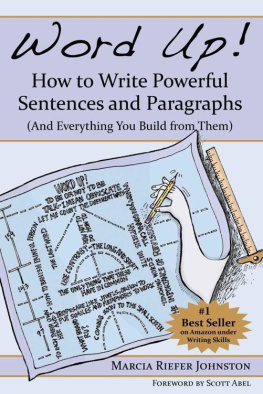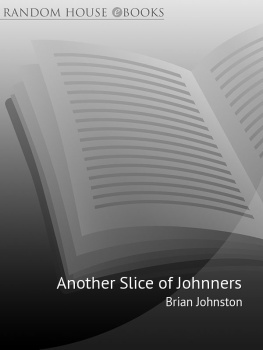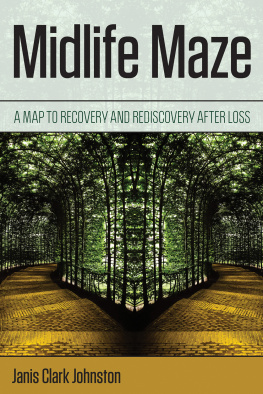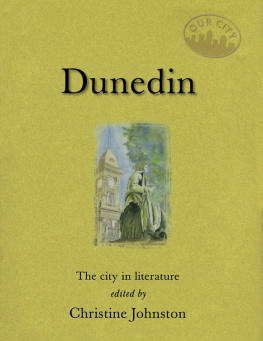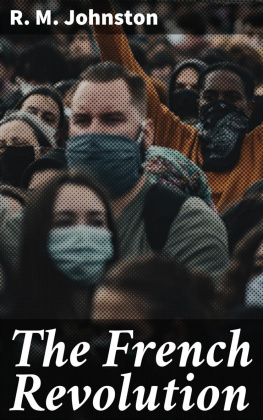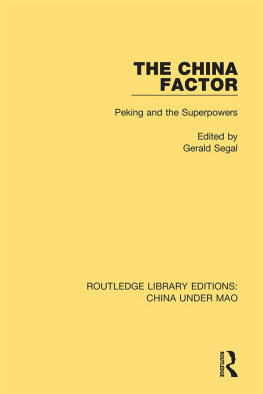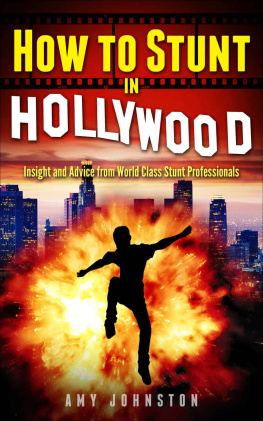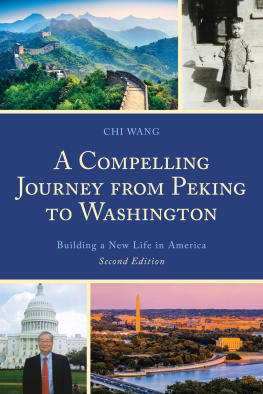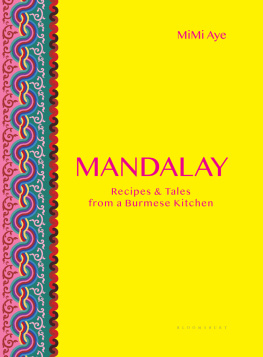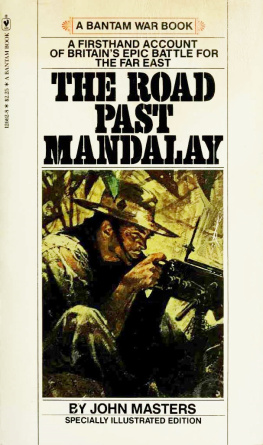Johnston - From Peking to Mandalay
Here you can read online Johnston - From Peking to Mandalay full text of the book (entire story) in english for free. Download pdf and epub, get meaning, cover and reviews about this ebook. year: 2019, publisher: Good Press, genre: Romance novel. Description of the work, (preface) as well as reviews are available. Best literature library LitArk.com created for fans of good reading and offers a wide selection of genres:
Romance novel
Science fiction
Adventure
Detective
Science
History
Home and family
Prose
Art
Politics
Computer
Non-fiction
Religion
Business
Children
Humor
Choose a favorite category and find really read worthwhile books. Enjoy immersion in the world of imagination, feel the emotions of the characters or learn something new for yourself, make an fascinating discovery.

- Book:From Peking to Mandalay
- Author:
- Publisher:Good Press
- Genre:
- Year:2019
- Rating:5 / 5
- Favourites:Add to favourites
- Your mark:
- 100
- 1
- 2
- 3
- 4
- 5
From Peking to Mandalay: summary, description and annotation
We offer to read an annotation, description, summary or preface (depends on what the author of the book "From Peking to Mandalay" wrote himself). If you haven't found the necessary information about the book — write in the comments, we will try to find it.
From Peking to Mandalay — read online for free the complete book (whole text) full work
Below is the text of the book, divided by pages. System saving the place of the last page read, allows you to conveniently read the book "From Peking to Mandalay" online for free, without having to search again every time where you left off. Put a bookmark, and you can go to the page where you finished reading at any time.
Font size:
Interval:
Bookmark:

PEKING TO MANDALAY
BURMA THROUGH TIBETAN SSUCH'UAN
AND YUNNAN
MEMBER OF THE ROYAL ASIATIC SOCIETY
DISTRICT OFFICER AND MAGISTRATE, WEIHAIWEI
JOHN MURRAY, ALBEMARLE STREET, W.
1908
TO EXILE, AND WHOSE ABSENCE IN THE WEST HAS
CAUSED HIS BANISHED FRIEND TO TURN
MANY TIMES WITH LONGING TO
THE SETTING SUN.
| CHAP. | PAGE | |
| . | INTRODUCTION | 1 |
| . | PEKING TO ICHANG | 10 |
| . | ICHANG TO WAN-HSIEN THROUGH THE YANGTSE GORGES | 24 |
| . | WAN-HSIEN TO CH'NG-TU | 31 |
| . | CH'NG-TU TO OMEI-HSIEN | 43 |
| . | MOUNT OMEI AND CHINESE BUDDHISM | 54 |
| . | MOUNT OMEI | 82 |
| . | OMEI-HSIEN TO TACHIENLU | 112 |
| . | TACHIENLU | 131 |
| . | TACHIENLU TO PA-U-RONG, YALUNG RIVER | 153 |
| . | PA-U-RONG TO MULI | 186 |
| . | MULI TO YUNG-NING | 213 |
| . | YUNG-NING TO LI-CHIANG | 234 |
| . | LI-CHIANG TO TALI-FU | 248 |
| . | ETHNOLOGY OF THE CHINESE FAR WEST | 265 |
| . | TALI-FU TO BHAMO | 293 |
| . | BHAMO TO MANDALAY | 322 |
| . | CONCLUSION | 354 |
| : VOCABULARIES | 391 | |
| : ITINERARY | 399 | |
| 411 | ||
| 447 | ||
| 453 |
| Frontispiece | |
| To face page | 10 |
| 14 | |
| 32 | |
| 44 | |
| 53 | |
| 65 | |
| 74 | |
| 102 | |
| 105 | |
| 118 | |
| 118 | |
| 142 | |
| 152 | |
| 152 | |
| 152 | |
| 152 | |
| 154 | |
| 170 | |
| 172 | |
| 172 | |
| 174 | |
| 177 | |
| 177 | |
| 188 | |
| 202 | |
| 208 | |
| 210 | |
| 220 | |
| 226 | |
| 229 | |
| 236 | |
| 238 | |
| 260 | |
| 332 | |
| 349 | |
| 354 | |
| 356 | |
| 371 | |
| 376 | |
| At the End |
Font size:
Interval:
Bookmark:
Similar books «From Peking to Mandalay»
Look at similar books to From Peking to Mandalay. We have selected literature similar in name and meaning in the hope of providing readers with more options to find new, interesting, not yet read works.
Discussion, reviews of the book From Peking to Mandalay and just readers' own opinions. Leave your comments, write what you think about the work, its meaning or the main characters. Specify what exactly you liked and what you didn't like, and why you think so.


